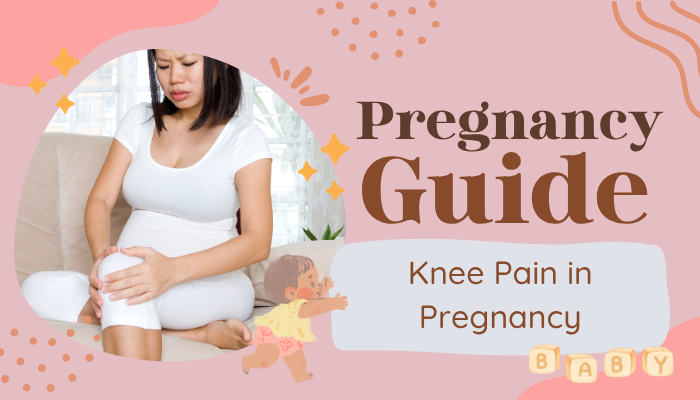Navigating discomfort while nurturing new life
Pregnancy is a beautiful journey—but let’s be honest, it also comes with plenty of unexpected body changes. While most people anticipate backaches and swollen feet, knee pain is another common but often overlooked discomfort during pregnancy.
As your body adapts to carry new life, weight gain, hormonal changes, and shifting posture can all put stress on your knees. But the good news? There are simple, safe ways to manage knee pain and stay comfortable through your pregnancy.
🏃♀️ Keep Moving—Gently
It’s natural to scale back your physical activity, especially if you’re feeling tired, nauseated, or unsure about what’s safe. But becoming too sedentary can actually worsen knee pain. Inactivity weakens the muscles that support your joints, increasing the load on your knees.
Try these low-impact, joint-friendly activities:
Walking: Set a daily step goal
Swimming: Buoyancy reduces joint stress and eases pain
Stationary cycling: Great cardio with minimal impact
Prenatal yoga: Builds stability and flexibility
Bodyweight exercises: Gentle squats or modified lunges can help—just do them slowly and with good form
💡 Always consult your OB-GYN before starting or modifying an exercise routine.
👟 Choose the Right Footwear
Pregnancy hormones like relaxin loosen your ligaments—not just in your pelvis, but throughout your body, including knees, ankles, and feet. That means your joints become more vulnerable to strain.
Avoid:
Flat shoes with no arch support
Flip-flops or slides
High heels (they throw off your balance and increase knee stress)
Opt for:
Supportive athletic shoes
Cushioned insoles or orthotics
Shoes with a wide toe box to accommodate swelling
You may even need to size up as your feet swell or naturally widen during pregnancy. Comfort and support are key.
🛌 Rest Smart
Taking breaks is essential, but how you rest matters too.
Tips for knee-friendly rest:
Side sleeping? Place a pillow between your knees for alignment and pressure relief
Sitting? Elevate your legs to reduce swelling and knee strain
Avoid keeping your knees bent for long periods—switch positions regularly
🦵 Consider Extra Support
If knee pain is persistent or affecting your mobility, it might be time for added support.
You can:
Use a maternity or knee brace for compression and joint stability
Visit a physiotherapist or orthopedic specialist trained in pregnancy-related musculoskeletal care
Use hot or cold therapy as needed to soothe inflammation or stiffness (with medical guidance)
👩⚕️ When to Seek Help
While mild knee pain is often manageable at home, reach out to your healthcare provider if:
The pain is sharp or sudden
You’re having trouble walking
You experience swelling that doesn’t improve with rest
There’s redness or warmth in the knee (which may signal a deeper issue)
💬 Final Thoughts
Knee pain during pregnancy is common, but it doesn’t have to control your experience. By staying active, wearing supportive shoes, resting properly, and using tools like braces or pillows, you can reduce discomfort and feel more confident as your body changes.
Remember, taking care of yourself is also taking care of your baby. Don’t hesitate to speak with your healthcare provider if knee pain is affecting your daily life.


